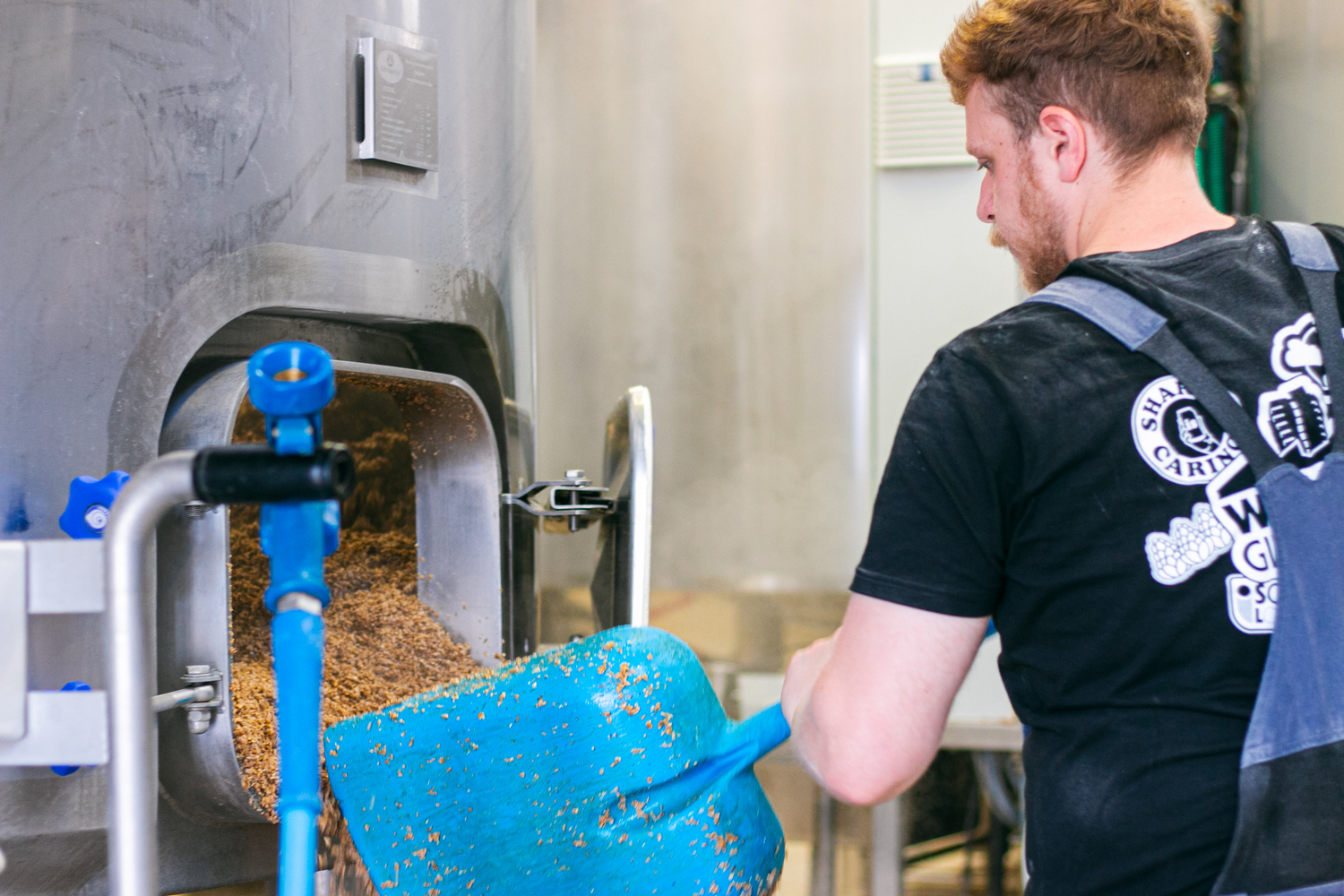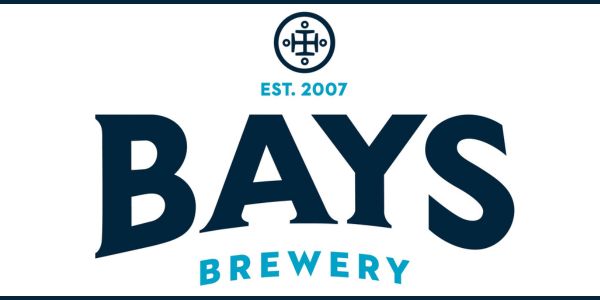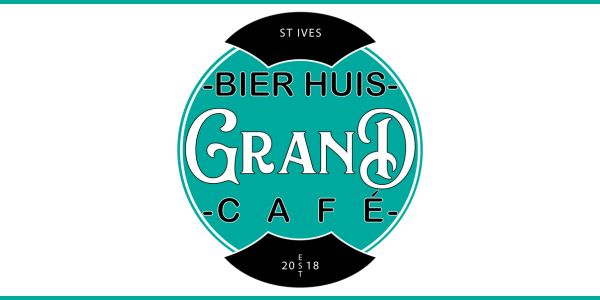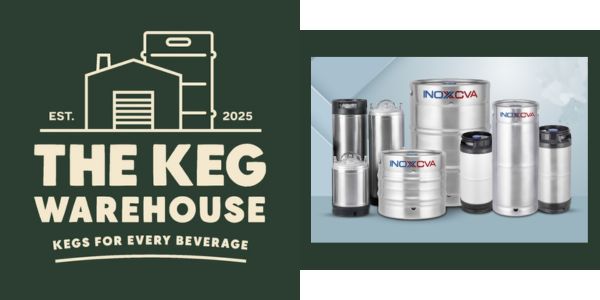Carbon-conscious beer lovers can enjoy a pint while helping the environment, with Gipsy Hill Brewery creating an offset-free carbon-negative beer.

The brewer’s new Swell Lager and Trail Pale are brewed using barley grown through regenerative farming, and hops which have been recaptured and reused. This means each pint removes more greenhouse gases from the atmosphere than it produces.
It is thought to be the first time that a brewery has produced a carbon-negative beer without using carbon offsetting, a controversial process where businesses reduce the carbon footprint of products through activities unrelated to their production, for example planting trees in another part of the world.
Gipsy Hill’s latest beers have carbon footprints of -40gCO2e for Swell Lager and -30gCO2e for Trail Pale per pint, respectively. A typical pint of commercial lager produces at least 350g of CO2, with many craft IPAs starting at 500gCO2e.
The pioneering brewing process is underpinned by two key innovations. The beers are the only beers in the world to be made using certified regenerative barley, sourced exclusively from Wildfarmed. That company works with farmers to implement regenerative practices such as intercropping, cover cropping, and reduced tillage. These improve soil health, reduce erosion, and sequester carbon. These practises mean that the process of farming the barley sequesters more carbon in the soil than it releases into the atmosphere.
Gipsy Hill then combines the barley with recaptured hops. These are the hop material that has been removed after fermentation from a previous batch of beer and then reused to bitter and flavour a new batch of beer. They would usually be thrown away in a typical brewing process, meaning greenhouse gas emissions from their use are zero.
The complete carbon lifecycle of the beers has been independently analysed by Zevero, a specialist carbon accounting firm. The study accounted for the full life cycle of the products, from the growing of the ingredients to the end of life of packaging, meaning punters can enjoy a pint knowing it has left the environment in a better state than it was.
The beers are currently available in a number of locations, including Gipsy Hill’s taproom and sister bar in South London, The Understudy at the National Theatre, Kerb Street food markets, Seven Dials Market, and a selection of Young’s venues around the UK.

“Making great quality beer has been our obsession for 10 years, but I felt we had to find a way to do it more sustainably,” said Gipsy Hill co-founder Sam McMeeken.
“Great beer should be guilt-free, and our new Trail Pale and Swell Lager mean that, for the first time, our drinkers can enjoy a pint safe in the knowledge it’s actively improving the environment and helping solve our climate crisis.
“At Gipsy Hill, we have always tried to make sure our beer has a positive impact, and that’s why we have actively sought to introduce new innovations to the brewing process and work with the most innovative producers to push the boundaries of sustainable brewing.
“By truly embedding sustainability into our brewing process, rather than simply offsetting emissions, we have created a blueprint for sustainable beer range, but the wider food and drink industry.”
Edd Lees, co-founder of Wildfarmed, said: “We’re thrilled to be working with Gipsy Hill to create a beer that not only tastes great, but is great for the planet too.
“We’re making it easy for people to help solve some of the world’s biggest problems — like climate change and food security — by consuming food and drink made with ingredients from healthy, regenerative soil. Our Wildfarmed barley sequesters carbon, increases biodiversity, and is the gold standard of regen agriculture.”
Ben Richardson, co-founder and chief executive of Zevero, added: “At Zevero, we’re passionate about creating solutions to help companies reduce their emissions. The work Gipsy Hill is doing with their focus on regenerative agriculture is not only exciting for this range, but should also be seen as a model for the whole industry to move away from the reliance on offsets in climate programmes.”











